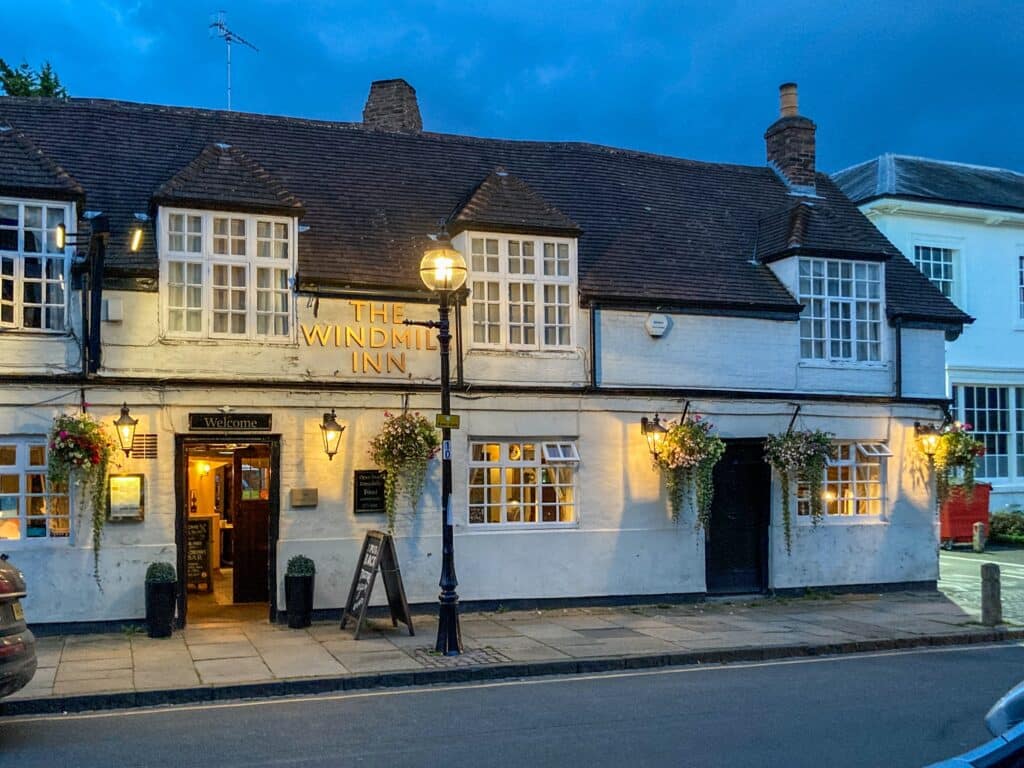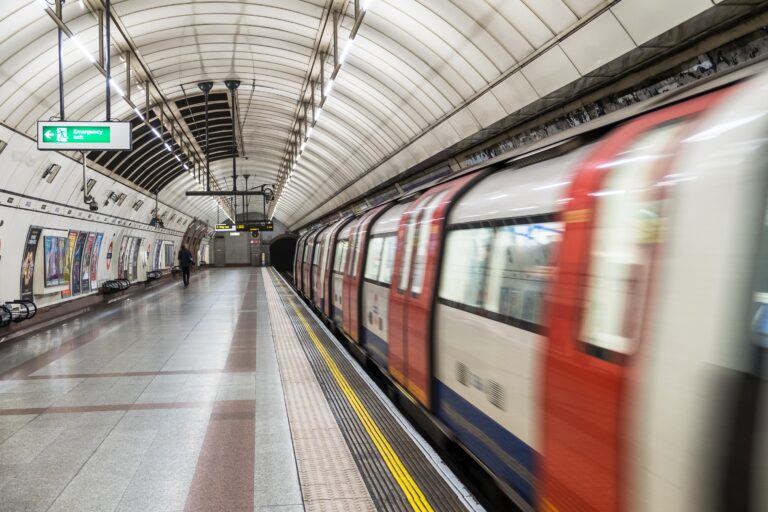
From London’s landmarks to the beauty of the Scottish Highlands, there’s a lot to explore after relocating to Britain. Of course, adjusting to a new country and culture can feel daunting as well as exciting. That’s why we’ve put together this practical guide to making yourself at home, wherever you settle in the UK.
Finding a place to live
Online property portals take the hassle out of comparing viable places to live in the UK. Sites like Zoopla and Rightmove list apartments and houses available for rent within a specific area. All you have to do is enter the city, district, or postcode to see what’s on offer. You can also use additional search options, allowing you to filter properties by budget, number of rooms, and particular amenities.
Moving in with other people can be a great way to settle in the UK into a community and make new friends. SpareRoom lets you browse the houseshares available in your area, and create a profile, so potential housemates can approach you.
After picking out suitable properties online, you’ll need to arrange viewings to see if they live up to expectations. Later, you’ll be expected to show the landlord or letting agent certain documents before you can seal the deal. These documents can include your passport and recent bank statements. You’ll also usually have to pay a deposit and some rent in advance.
For more details on the whole process, check out our guide to renting in the UK.
Setting up a bank account
Having a UK bank account can really make you feel like you’re settling down roots in the country. It may also be essential for certain transactions, such as receiving salary payments from your UK employer. A local account will also save you from paying international banking fees that may be attached to transactions through your foreign-based account.
There are plenty of banks in the UK to choose from if you want to settle in the UK. These include traditional high street institutions like Barclays and NatWest, and the newer breed of online-only banks like Monzo. Creating an account can usually be done on your computer or through your phone, whatever kind of bank you choose. If you choose a high street bank, you’ll also have the option of setting up your account in person at a physical branch.
You’ll need to confirm your identity, for example by showing your biometric residence permit. You’ll also need to prove your UK address, for example by showing a recent utility bill or council-issued tenancy agreement. Each bank will have its own list of eligible documents. If you’re applying online or through the bank’s phone app, you may have to also provide a video or selfie. This will be used to verify you are indeed the person in your photo ID.
Finding a job
Many immigrants who want to settle in the UK will already have employment secured in the country before they arrive. But what if you need to find work after you’ve settled here? The good news is there’s a thriving jobs market in the UK. According to research released in 2021 by networking site LinkedIn, some of the fastest-growing job sectors include:
- E-commerce, with roles including delivery drivers, online specialists, retailers, and warehouse team managers
- Construction, with roles including construction workers and site managers
- Finance, with roles including equity traders, investment banking specialists, and financial services specialists
- Healthcare, with roles including intensive care nurses, medical laboratory assistants, and clinical psychologists
- Digital content and marketing, with roles including social media marketing managers, bloggers, and podcasters
- Real estate, with roles including real estate agents and property specialists
There are a number of UK websites which list the latest vacancies. These include the government-run site Find a Job, as well as the likes of Adecco, Indeed, JustEngineers, and Caterer. Newspapers like The Guardian also feature sprawling job listings pages.
Applying for a job may involve filling in an online application specific to the employer, or submitting your CV/résumé. It may be worth keeping an up-to-date profile on LinkedIn. This can help you make connections in the UK business community and potentially find new job roles.

Exploring your new home
The UK may be a small country, but it certainly punches above its weight when it comes to cultural appeal. London steals much of the international attention, with good reason. It’s packed with historical sights, from Buckingham Palace to the Big Ben clocktower. The museums, such as the Tate Modern and the British Museum, are also world-famous. But there’s far more to the city than these more obvious attractions.
The nation’s capital has an exciting food culture, with innovative chefs putting their own slant on global cuisine. Neighborhoods like Soho, Notting Hill, and Shoreditch are packed with interesting places to eat. Using a site like OpenTable, you can browse restaurants and book tables with ease. It’s also worth noting that London is known for its cocktail scene. Many of the bars in the city are regularly ranked among the very best in the world. These range from underground speakeasy-style dens like Happiness Forgets in Hoxton, to plush hangouts like the Savoy’s American Bar.
Other UK cities where people settle in the UK also have strong identities of their own. Bath, for example, is renowned for its centuries-old architecture which makes visitors feel like they’ve entered the world of Jane Austen. Bristol has a bohemian, artistic scene, while Liverpool attracts pilgrims keen to see the hometown of the Beatles. Natural beauty also abounds, whether you go for a weekend in the Lake District or explore the dramatic coastline of Cornwall.
There’s a comprehensive train network which can get you to almost every part of the nation. Details of train times and routes can be found at Trainline, and you can also purchase tickets through this site.
Getting used to cultural changes
It’s not particularly useful to make sweeping generalizations about British culture, since the UK is so diverse. It consists of four countries: England, Wales, Scotland, Northern Ireland. The different regions within those countries have their own customs and traditions. In Wales, for example, you’ll notice that road signs and train station announcements are in both the English and Welsh languages. In England alone, you’ll notice strong differences in local accents and slang, depending on where you are.
That said, there are some cultural norms you can expect throughout the UK. Pubs, for example, are an integral part of many communities. “Going down to the pub” for a few pints of beer is a popular way for friends and work colleagues to socialise. You may also notice that Brits have a great sense of humour, which tends to be on the dry side. Sarcasm is common in everyday conversation and is usually intended for comic effect rather than to offend.
Watching British TV shows can be a great way to soak up the culture. BBC iPlayer puts a whole library of programmes at your fingertips. You might want to check out our list of other apps that can help you transition to life in the UK.
Sending money home
While much of your attention will be on adjusting to UK life, we know you may have responsibilities back home. Many Immigrants will need to send money back to their loved ones, as occasional gifts or as regular financial support. There are a number of options open to you, including banks and high street remittance companies.
It’s also worth considering online-only services, which may offer lower-cost alternatives to more traditional options. For example, Remitly provides competitive exchange rates for international transfers. Transfer fees are low, and transactions are protected by multiple layers of security. It’s a great tool for supporting the people who matter, even as you settle in the UK.
Visit the homepage, download our app, or check out our Help Center to get started.
